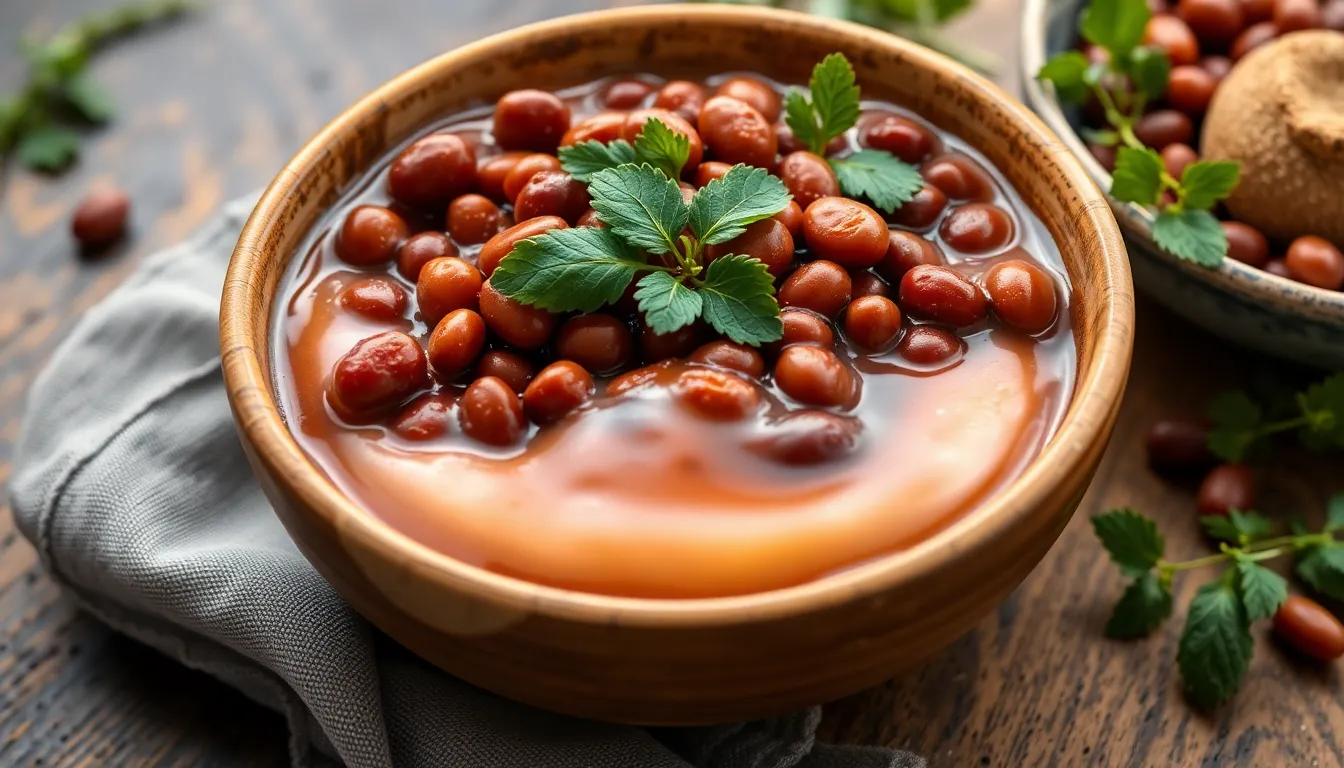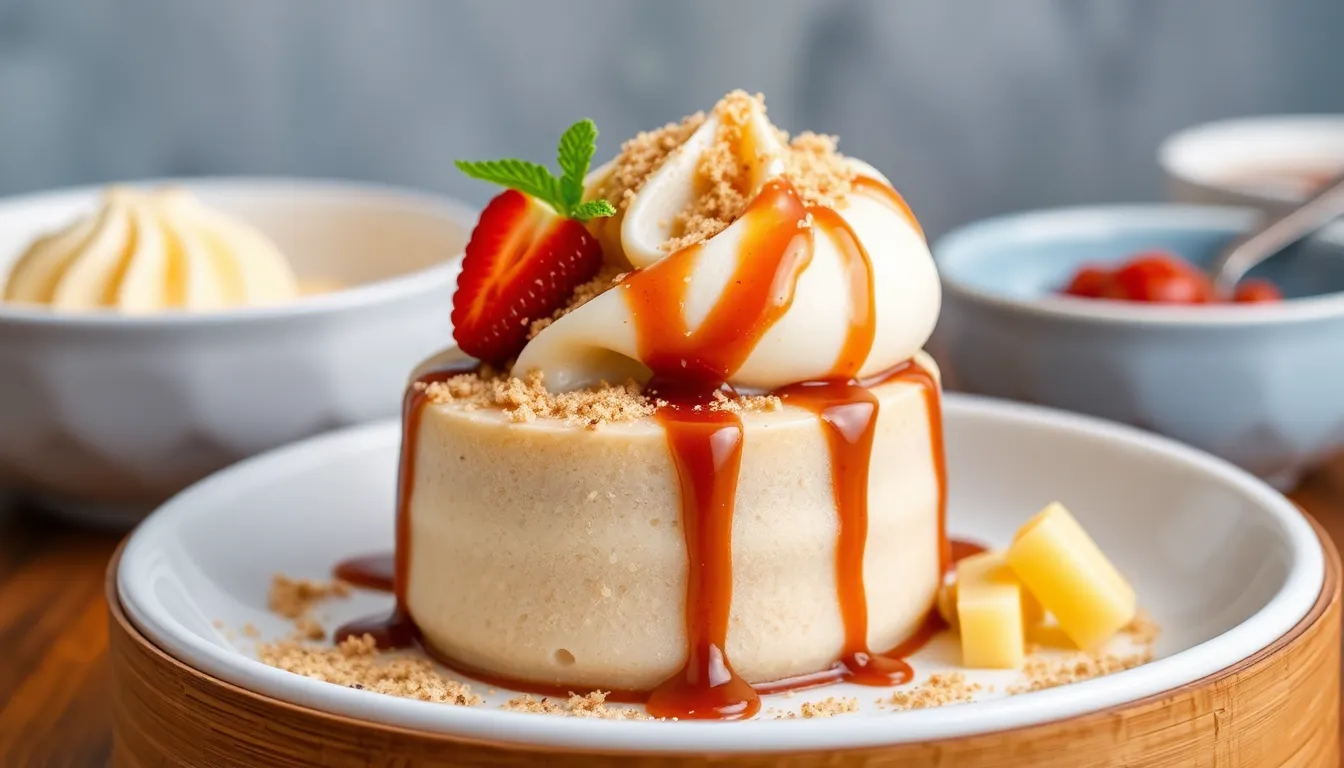The Best Baking Tools for Beginners: A Complete Guide
Introduction
Baking is more than just a cooking method; it’s a joyful art form that fills our homes with warmth and delicious aromas. Whether you’re whipping up a cake for a birthday or baking cookies for a cozy evening, the satisfaction of creating something from scratch is unparalleled. However, to embark on your baking journey, it’s crucial to have the right tools at your disposal. This guide will walk you through the essential and specialty baking tools every beginner should consider, coupled with practical tips for maintenance and where to shop.
Section 1: Essential Baking Tools
1.1 Mixing Bowls
Mixing bowls are foundational tools in any baker’s kitchen. They come in a variety of materials such as glass, metal, and plastic. Each type has its unique benefits:
- Glass: Great for both mixing and serving, glass bowls are non-reactive and can be heated in the microwave.
- Metal: Lightweight and durable, metal bowls are excellent for whipping egg whites and are often used in commercial kitchens.
- Plastic: These are generally more affordable and come in a variety of sizes, but can stain and absorb odors over time.
For beginners, having a set of mixing bowls in various sizes (small, medium, and large) is recommended to accommodate different recipes.
1.2 Measuring Tools
Accurate measurements are crucial in baking, where precision can make or break a recipe. Here are the essential measuring tools:
- Measuring Cups: For dry and liquid ingredients, having both sets is essential.
- Measuring Spoons: These are used for smaller quantities of ingredients and are vital for spices, baking soda, and other essentials.
Comparison of Measuring Tools
| Tool Type | Material | Recommended Brands | Price Range |
|---|---|---|---|
| Measuring Cups | Glass | Pyrex, OXO | $10 – $25 |
| Measuring Spoons | Stainless Steel | OXO, Norpro | $5 – $15 |
1.3 Baking Sheets & Pans
Baking sheets and pans come in various materials and sizes, each serving different purposes:
- Non-Stick Baking Sheets: Ideal for cookies and pastries, they allow for easy release.
- Aluminum Baking Sheets: Great for even heat distribution; they are lightweight and durable.
- Silicone Baking Mats: Reusable and non-stick, perfect for rolling dough or baking cookies.
When starting out, opt for a half-sheet pan (18×13 inches) as it’s versatile for various recipes.
1.4 Whisks and Mixing Utensils
When it comes to mixing and incorporating air, whisks are invaluable. Here’s an overview of the different types:
- Balloon Whisk: Perfect for whipping cream and egg whites.
- Flat Whisk: Ideal for blending sauces and gravies.
Additionally, don’t forget about spatulas, wooden spoons, and silicone tools. These utensils help in scraping mixing bowls and folding ingredients together.
Section 2: Specialty Baking Tools
2.1 Baking Mat
A silicone baking mat can revolutionize your baking experience. These mats provide a non-stick surface for baking, making them reusable and eco-friendly compared to parchment paper. They also offer even heat distribution, ensuring your baked goods cook uniformly.
2.2 Food Processor
A food processor is a versatile tool that can simplify many baking tasks, from mixing dough to shredding cheese for savory bakes. For beginners, models like the Cuisinart 14-Cup or the Hamilton Beach 10-Cup are highly recommended.
2.3 Rolling Pin
Choosing the right rolling pin can enhance your pastry-making skills:
- French Rolling Pin: Tapered ends allow for greater control.
- Classic Rolling Pin: With handles, it’s easier to apply pressure evenly.
Consider your baking style when selecting a rolling pin; both styles are effective, but personal preference may guide your choice.
2.4 Oven Thermometer
Oven temperature is critical in baking. An oven thermometer ensures accuracy, which is often not a guarantee with built-in oven displays. Brands like Taylor and ThermoPro offer reliable options for beginners.
Section 3: Safety and Maintenance Tips
3.1 Proper Cleaning Techniques
Maintaining your baking tools is essential for their longevity:
- Metal: Wash with warm soapy water and dry immediately to prevent rust.
- Silicone: Use warm soapy water; avoid abrasive sponges that could damage the surface.
- Plastic: Ensure dishwasher-safe items are placed on the top rack to prevent warping.
Using gentle, eco-friendly cleaning products will help preserve your tools while being kind to the environment.
3.2 Storing Your Baking Tools
Proper storage of baking tools keeps your kitchen organized and extends the life of your items:
- Use drawer organizers for measuring cups and spoons.
- Hang whisks and spatulas on a wall-mounted rack.
- Store baking sheets in a vertical holder to prevent scratches.
Avoid stacking items without protection, as this can lead to scratches and damage over time.
Section 4: Where to Buy Baking Tools
4.1 Online vs. In-Store
When it comes to purchasing baking tools, both online and in-store options have their benefits:
- Online: Greater variety, convenience, and often better prices.
- In-Store: Ability to physically inspect tools and immediate availability.
Popular online retailers include Amazon and specialty kitchen stores, while local kitchen supply stores often carry a good assortment of baking tools.
4.2 Budget-Friendly Options
You don’t have to break the bank to equip your kitchen for baking. Consider these tips for finding good deals:
- Shop during sales events like Black Friday or Cyber Monday.
- Look for second-hand tools at thrift stores or flea markets.
- Join mailing lists for discounts and promotions from kitchen supply stores.
Budget-Friendly Baking Tools
| Tool | Price | Where to Buy | Tips |
|---|---|---|---|
| Mixing Bowls | $20 | Amazon | Look for sets for better value. |
| Measuring Cups | $15 | Target | Consider glass for durability. |
| Baking Sheets | $10 | Walmart | Check for non-stick options. |
Conclusion
Having the right baking tools can transform your baking experience from daunting to delightful. Whether you’re a novice or just getting back into the swing of things, investing in quality instruments will pay off in the form of better baked goods and a more enjoyable process. As you start your baking journey, don’t hesitate to experiment and find the tools that resonate with you. Share your favorite baking tools in the comments below; we’d love to hear from you!
Additional Resources
For further assistance, check out these valuable resources:




